
This isn’t easy for a Trumpskeptic™ to admit, but after the event I attended this past Thursday evening, I feel marginally reassured about this administration on the foreign policy front. Yes, you read that right. Trust me, no one is more surprised by that than me.
A local Talk Radio station – 97.1FM Talk – hosted an installment of its Evening Speaker Series in conjunction with the Heritage Foundation. Jamie Allman of the Allman in the Morning Show moderated the event. James Carafano and Senator Jim Talent were the featured speakers. Carafano is the director of the Allison Center for Foreign Policy Studies and VP of the Davis Institute for International Studies at The Heritage Foundation. Talent is a distinguished fellow at the Heritage Foundation, served as a senior advisor to the Mitt Romney presidential campaign, and was rumored to have been on Donald Trump’s short list for Defense Secretary. Allman hosts the weekday morning show on 97.1, and most mornings, I’m listening 5:00 a.m. to 9:00 a.m. I worked closely with Jamie in late 2014 and early 2015 while putting together a radio documentary on Ferguson for FTR Radio and consider him a good friend (even though we don’t exactly agree on Trump!)
So when this event, titled “IS OUR NATION SAFE IN THE TIME OF TRUMP? A DISCUSSION ON HOMELAND SECURITY AND THE POLICIES IN THE BELTWAY,” was announced, my attendance was a virtual given. The beau and I attended a similar event last year and found it enjoyable and informative. I hold a great deal of respect for both Carafano and Talent and was eager to hear their take(s) on the current administration, particularly in relation to foreign policy and national security issues. While I’ve agreed with some of Trump’s appointments and moves, he hasn’t exactly inspired me with a ton of confidence.
Dork that I am, I took a ton of notes on my phone during the presentation. (Had to laugh when Carafano remarked on being able to tell he wasn’t speaking to a DC crowd because no one was on their phone – I must have hidden it well.) The overall takeaway from the evening was that both Carafano and Talent are fairly comfortable with Trump and the policies being pursued by his administration – and relieved that we’re not enduring a Hillary Clinton administration.
As to the nitty-gritty, below is a sampling of the views expressed:
- They stressed the importance of dealing from a position of strength, which is, in large part, a function of capability – i.e., do you have the manpower, equipment, and resources to back up your positions, whatever they may be?
- There are two Trumps: Showman Trump and Serious Trump. While this wasn’t presented as “Trump is playing Eleventy Dimensional Chess and you’re just too dumb to realize it,” both speakers voiced confidence in Trump’s ability to distinguish between those roles and functions.
- A key reflection of his ability to make that distinction is demonstrated in the people around him who are competent and upon whom he most relies: McMaster, Mattis, Kelly, Sessions, Tillerson. (In my view, the jury is still out on the last two, but the first three bode well.)
- John Kelly is awesome and not at all about politics.
- Tillerson is still deciding what he wants State to look like.
- The Tomahawk Chop in Syria was a one-off, but sent an important message of a larger strategy/goal regarding the Middle East: Cool things off and maintain equilibrium.
- Trying to build equilibrium around Iran was a strategic blunder on the part of the Obama administration.
- Speaking of Obama, he was not particularly well-liked by some of our Middle-Eastern allies. Rather than viewed as helpful, he was seen as pouring fuel on the fire.
- Obama and Trump have very different negotiating styles: Obama had one for the domestic arena, which was zero-sum – “I win you lose”; and one for the foreign arena, which was that he wanted nothing – just to have a conversation – with the idea that problem children like Iran would become good global citizens as a result of being part of that conversation. Trump really only has one style – get a good deal. And, in his view, it makes sense for the other party to get something to incentivize them coming back to table. The takeaway from this was that Trump’s style is more effective on the world stage than Obama’s was – it’s how most other players approach negotiations, as well.
- Trump is actually a man of great strategic subtlety. There is strategy behind most everything he does. (Whether one agrees with that strategy or the approach he takes to it is another matter.)
- His overall foreign policy style is best characterized as “realist.”
- Thus far, feedback has been constructive and positive at the government-to-government level.
- Something to bear in mind in this increasingly polarized and politicized climate here at home: other governments take our government seriously even if we don’t.
- When you don’t stand up for yourself other countries get confused because that makes you unpredictable – and not in a good way.
- Human rights are an important component of foreign policy – and can be an effective tool. Not necessarily as the driver of it, but a lot of pressure can be brought to bear on other players through the court of public opinion.
- It is difficult to understand how anyone who is a feminist or gay rights activist cannot see the dangers of radical Islam.
- Part of the progressive left is increasingly alienated from reality.
- Regarding the election in France – it will be a disaster either way. Both LePen and Macron are big government proponents.
- Regarding the Philippines, Duterte likes to say outlandish things. The Philippines as our strategic ally is bigger than him, but the human rights issue is important, as well.
- Merkel is a strong leader but WHAT WAS SHE THINKING?! (vis-à-vis unfettered immigration.)
- In addition to shoring up the military in terms of personnel, weapons, and equipment, we need to build/re-build military leadership.
- In terms of the force structure needed, their suggestion would be 550,000-600,000 in the Army and a 300+ ship Navy, keeping in mind, we can only keep about one-third deployed at a time. Presently, 2.8% of GDP is being spent on the military. They’re the biggest hawks in DC and want it to go up 1%.
- In addition to focusing on technological advances, we need to explore neuroscience and work on developing cognitive advantages in our forces.
Perhaps coming from other, less credible and respected sources, I’d put minimal stock in the views expressed. But coming, as they did, from Carafano and Talent, they left me feeling far more at ease with the Trump administration, at least on the foreign policy front. And that’s saying something.



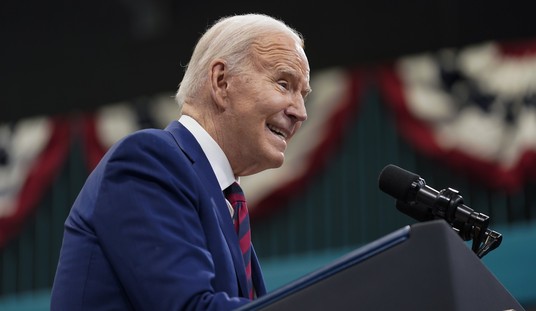
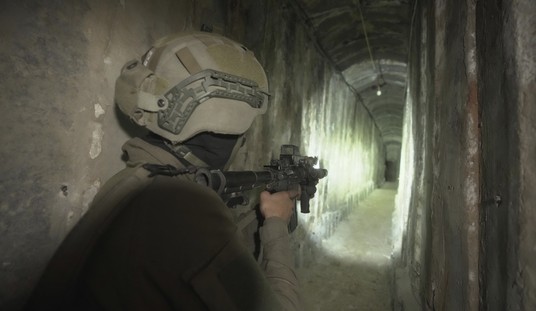

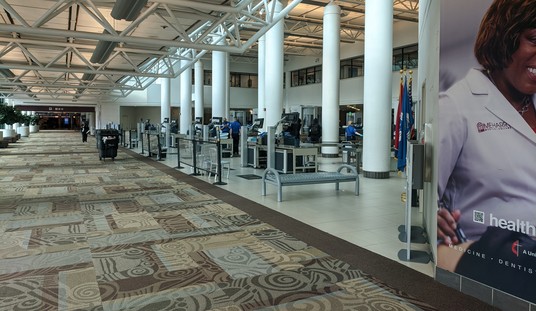
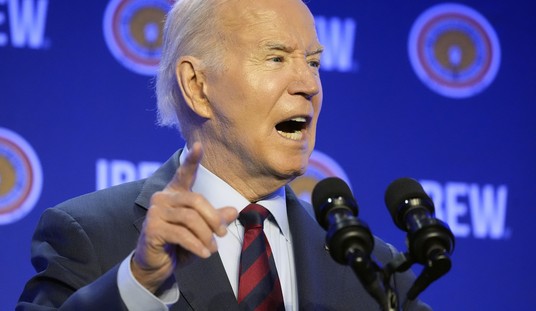
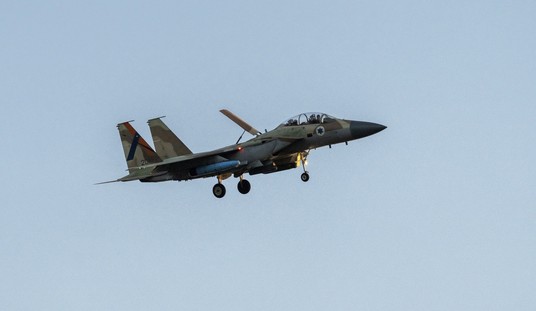
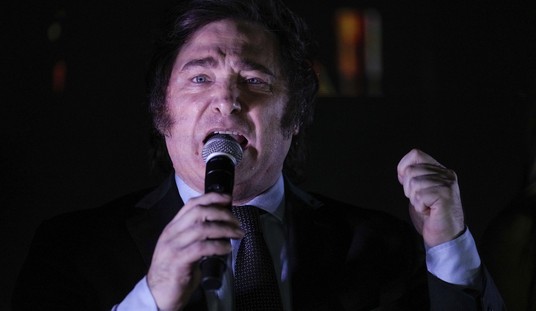



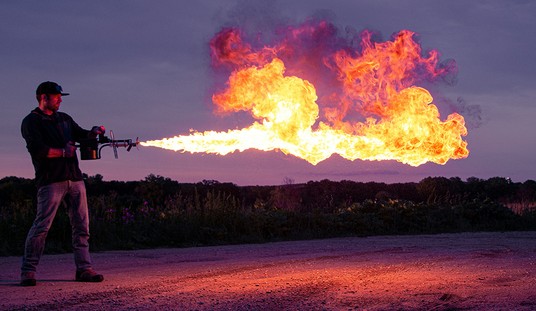
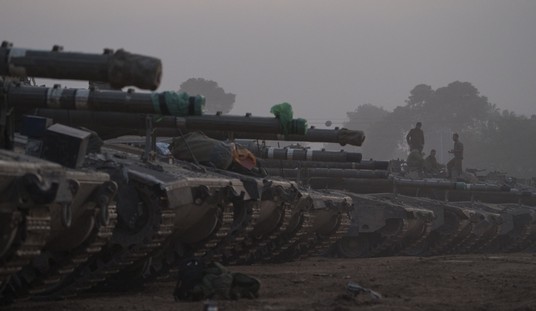
Join the conversation as a VIP Member